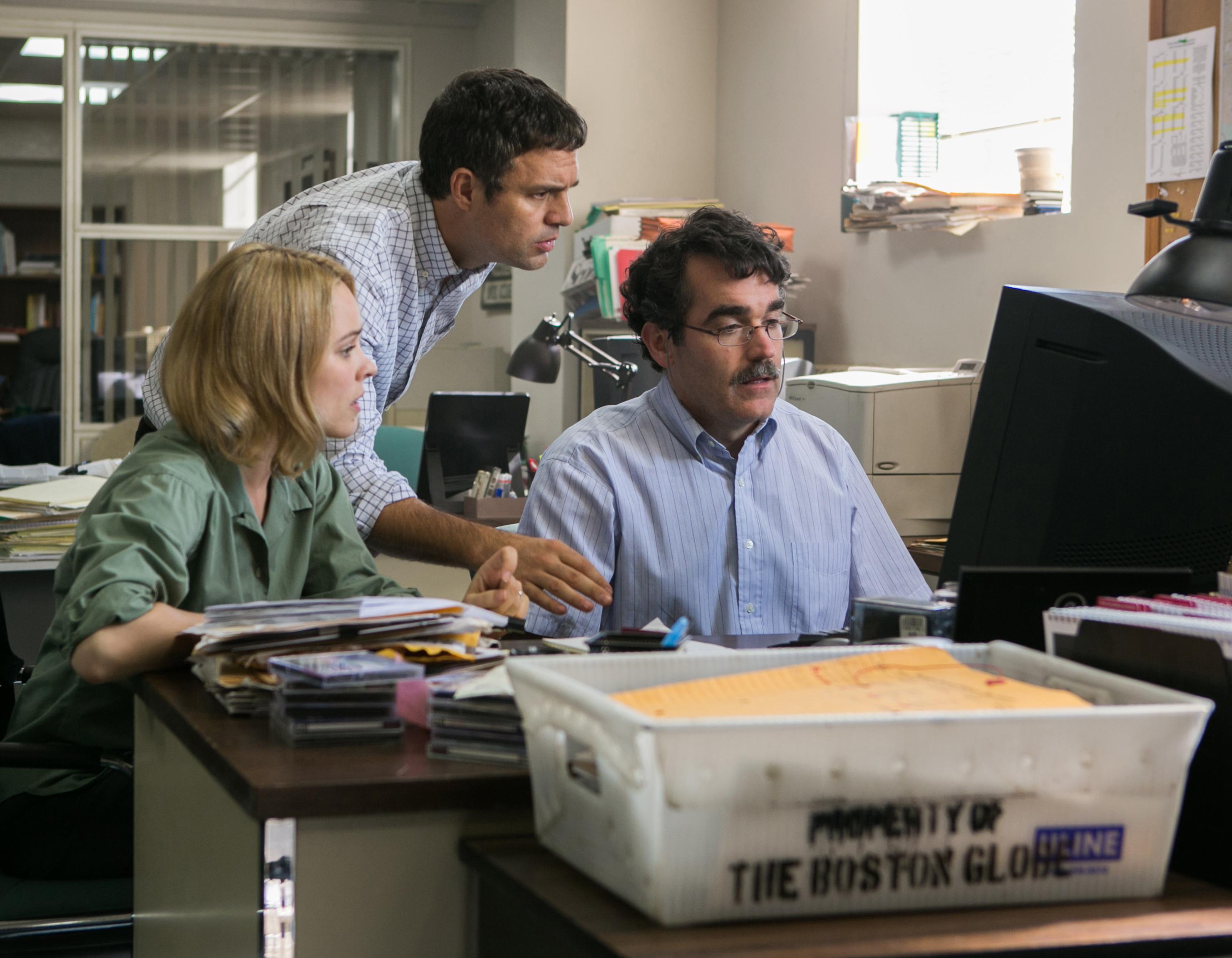In the immediate aftermath of 9/11, Hollywood scrambled to scrub audiences of the memory of the Twin Towers and hijacked planes via digital editing and the postponement of several movie releases. And in the years since, some filmmakers and studios have been reluctant to deal directly with the events, instead choosing to evoke them symbolically with imagery: take the twin beams of light and still-fresh Ground Zero in Spike Lee’s 25th Hour, or the way Man on Wire feels like a kind of love letter to the towers, or any action/superhero flick in which buildings crumble beautifully. The alternative, it seemed, was to address 9/11 bluntly head-on, as with Oliver Stone’s World Trade Center and Paul Greengrass’ United 93. Other films have used the events as a catalyzing plot point, as in the emotional bludgeoning of Extremely Loud and Incredibly Close and Reign Over Me, or as a means of shamelessly guiding the protagonist toward jingoistic acts of valor (Chris Pine in Jack Ryan: Shadow Recruit, Channing Tatum in Dear John).
But Spotlight, Thomas McCarthy’s dramatization of the Boston Globe investigation that broke open the Massachusetts Catholic sex abuse scandal in 2002, has been widely praised for its deliberate lack of flourish (“There’s not an ounce of Hollywood bullshit in it,” Peter Travers raves) and compelling, straightforward procedural execution. Despite the delicate, emotionally wrought subject matter, the film doesn’t find time to wallow in the terribleness of the crimes that are revealed; Law & Order: SVU this is not. And this unfussiness suffuses every aspect of Spotlight—including, and perhaps most notably, its depiction of 9/11, which comes and goes in the film’s narrative with little fanfare. The events of that day are presented as neither sad, nor jarring, or particularly emotionally devastating. It’s the kind of 9/11 moment that, almost 15 years later, Hollywood heretofore has ostensibly been unable (or perhaps, unwilling), to even consider.
The events in Spotlight begin in July 2001, when non-Bostonian Marty Baron (Liev Schreiber) steps in as Globe editor and insists that the paper dig deeper into a recent story about a local priest charged with molesting children. The Spotlight investigative team, made up of Walter Robinson (Michael Keaton), Michael Rezendes (Mark Ruffalo), Sacha Pfeiffer (Rachel McAdams), and Matt Carroll (Brian d’Arcy James) begin to follow leads, and as weeks go by, they unravel evidence that the scandal is much bigger than one aberrant p riest. They interview several adult victims of different Boston priests; Pfeiffer gets one former priest to actually admit his crimes (Yes, he “fooled around” with a minor, but he never felt “gratified,” he casually reveals); Rezendes learns from a key sex abuse attorney that damning evidence against the church from a previous case is in fact public record. All of the pieces are coming together, one by one.
And then 9/11 happens. Everyone in the offices of the Globe gathers around to stare blankly at the TV screens, each tuned to an image of the towers burning or a talking head reporter. But McCarthy doesn’t linger on those familiar, unforgettable visuals—instead, he settles, for a few seconds at least, on Cardinal Bernard Francis Law giving a press conference on the unfolding events. He’s not interested in the emotional resonance of that day, either; instead, this breaking news story is treated bluntly as an irksome impediment to their pursuit of the priest scandal story. Deputy editor Ben Bradlee, Jr. (John Slattery) unsurprisingly announces that all other editorial plans are being scrapped indefinitely, and efficiently doles out 9/11-related assignments to his reporters.
Rezendes is flustered—if he’s sent to Florida to do a story on the flight school the hijackers allegedly attended, another reporter could scoop him on the evidence from the sex abuse cases that’s the key to their story. Carroll laments how the terrorist attacks are sure to overshadow their journalistic endeavor: “Three days ago, I told my wife I’d be working on the biggest news story on the planet.” And Pfeiffer tries desperately to convince one of the victims that Spotlight’s shift in focus for the time being doesn’t mean that they’ve given up on the story completely—though it’s clear she’s not so sure of this herself. But all this is just a blip in the film’s plot—time doesn’t stand still via slow-motion effects, there are no haunting, dirge-like orchestrations to overwhelm the mood, as with the terrible bait and switch of Remember Me, in which Robert Pattinson’s troubled character finds forgiveness and redemption just as one of the planes hits the tower he’s in.
Spotlight’s matter-of-fact treatment of 9/11 surely wouldn’t have gone over well a year following the attacks. It probably wouldn’t have gone over well on the 10th anniversary, either. But perhaps because it’s been 14 years and we’ve seen pretty much every other sort of cinematic interpretation of the attacks, this new perspective actually feels refreshing. After all, for plenty of Americans, 9/11 was not an acutely personal tragedy—it was devastating in a way that felt massive but abstract and remote. The benefit of time doesn’t entirely explain why this treatment of 9/11 works—after all, decades later, JFK’s assassination can still bring a period piece or documentary to a grinding halt, and even if Michael Bay’s terrible Pearl Harbor was more interested in its hackneyed love triangle, the attack still served to spur patriotic duty. But it’s rare to find a film that treats 9/11 as something more specific and pointed than a one-size-fits-all catastrophic event.
